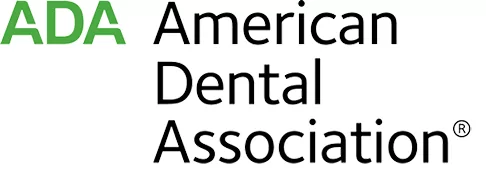Body piercings are a common form of self-expression seen around Boise. Today’s Blaisdell Family Dentistry post is for those who currently have an oral piercing or are considering one.
Since this is a dental blog, I am sure you expect us to raise all sorts of alarms warning of the dangers of piercings. You are right. Unfortunately, these piercings and the jewelry they accommodate can lead to serious dilemmas with not only your teeth and mouth but your entire body. These piercings can result in tooth damage, cavities, periodontal disease, tooth loss, bone recession, compromised immune system function, and, in rare cases, death.
In general, any oral piercing is going to open you up to an array of detrimental oral infections and complications. The mouth is full of germs and introducing foreign objects permanently is not natural for your body’s health.
A tongue piercing can result in difficulty chewing with unnatural chewing patterns that may lead to swallowing problems. The jewelry produces excess saliva from the salivary glands, which throws off the natural balance of your oral cavity. Permanent nerve deterioration, excessive bleeding, and allergic reactions can also occur.
Metal jewelry also can easily come in contact with your teeth, leading to cracked, chipped, or damaged teeth. Your teeth are built to last a lifetime. Chips, cracks, and enamel erosion compromise their stability and shorten their lifespan.
Complications with some piercings occur by the introduction of hepatitis and herpes simplex viruses, and even more, complications have occurred with bacteria entering the bloodstream and eventually lodging in the heart valve. In rare cases, such infections are fatal.
Though not technically a piercing, some Idaho people drill small holes in their teeth to place rhinestones or other jewelry. Drilling into a tooth is harmful for many reasons, including damage that can make a root canal needed. The jewel also can attract bacteria that can directly go into the drilled cavity of the tooth.
Dr. Blaisdell encourages patients with oral piercings to remove their jewelry before it puts their health at risk. However, if you have an oral piercing and plan to keep it, we guide you to have consistent dental cleanings and check-ups. It’s important to correct problems in their early stages before they become more extreme. Do not wait if you suspect you may have a dental or physical problem.
Contact Blaisdell Family Dentistry:
208-377-9696
Location (Tap to open in Google Maps):
8877 W Hackamore Dr
Boise, Idaho
83709





